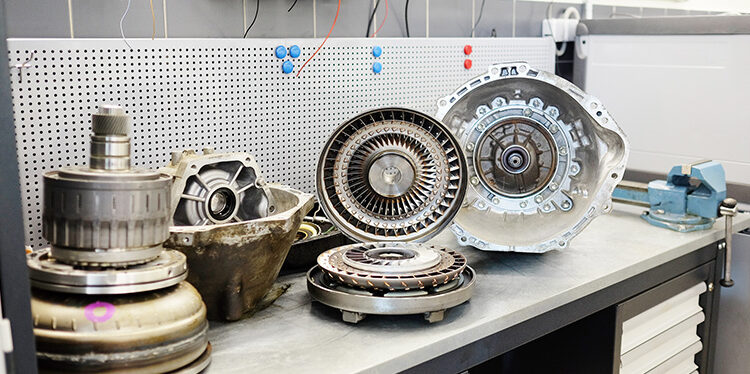Find the Best and Reliable Torque Converters
Torque converter is a device that is located between the engine and the transmission. Torque Converter device transfers the engine’s power to the information; it has replaced the manuals’ clutch. The torque converter helps keep the engine’s power output in the optimum range by adding the torque at low RPM.
These Are the Problematic Symptoms of Torque Converter
Some signs of torque converter problems have been listed below. These are the signs people should be on the lookout to ensure their car does not fail when you least expect.
Slipping
The torque converter can slip out of gear or delay a shift its fin or bearing has spoiled. This has happened because the torque converter changes the engine’s torque into Industrial Hydraulic Torque Converters pressure required to ship the transmission’s gears.
The same vein, inadequate, or a lot more fluid in the transmission process, can cause the gears to perform unexpectedly. One such is slippage, which is evident in the car’s loss of acceleration and fuel economy reduction.
Overheating
This is another sign of a problem in the Industrial Hydraulic Torque Converter torque converter is if your car’s temperature gauge indicates overheating by flashing a transmission control unit light on their dashboard. This sign is triggered by a decline in the liquid pressure or an improper solenoid.
Slipping while there are driving can also lead to overheating. In other cases, overheating is not the best thing for their converter since it may lead to the wear of the transmission’s internal components. Moreover, the converter will not carry out its primary function of transferring power from the engine to the information.
Shuddering
Anyone may be shuddering when they are moving on a clear road, yet it feels like they are on a rocky surface, which makes the ride bumpy – it is a sign that there could be a malfunction in the lockup clutch based on the torque converter.
What happens here is the difficulty of the lockup clutch that enables the converter to make a smooth transmission in directing the drive. Thus, if they experience this occasionally, employ the services of a local repair shop.
Unusual Sounds
A lousy torque converter will emit noises, which is a typical symptom that needs to be looked at. Therefore, if someone hears a whirring or clicking sound, either from the damaged bearings or broken turbine fin, they need to do a replacement.
Causes of Torque Converter Problems
Before the torque converter shows signs of failure, they need to be checked off what they could lead to. There are some of the causes of torque converter problems.
Damaged Torque Converter Seals
If the torque converter seal is spoiled, it could cause the bell housing transmission fluid to leak. When that happens, the torque converter will not offer a smooth and precise transfer of power from the engine to the transmission. As a result, there could be overheating, slippage, higher stall speeds, and many other Abnormal fluid pressures. Consequently, there could be irregular behaviors such as low gas mileage, engine stalling, among others.
Degraded Torque Converter Clutch
Torque converter clutches help to lock and fix the transmission and the engine into direct drive. However, a spoiled torque converter can cause the car to stay in gear even when the driver has come to a stop. This converter also can lock into the direct drive, especially if the clutch plate’s friction material has worn away.
Faulty Needle Bearings
The needle bearings discrete the stator, turbine, impeller, and converter housing. Alternatively, wrong paths may lead to the creation of noises while driving or in motion. It could also lead to adding metal chips in the transmission fluid due to metal to metal contact between the torque converter components.


Comments are closed.